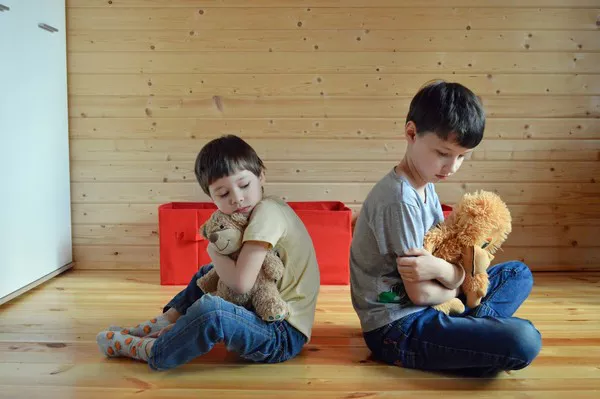Rebellion is a term that refers to the act of resisting established norms or authority figures. It is a behavior that has been observed in various forms throughout history, from political revolutions to teenage rebellion. But what creates a rebellious attitude? What makes some individuals more likely to rebel than others? In this article, we will explore some of the factors that contribute to a rebellious attitude.
Societal and cultural influences
The cultural and societal norms that surround an individual can have a significant impact on their attitude towards authority figures. For example, in cultures that value individualism and independence, individuals may be more likely to resist authority and challenge established norms. Similarly, in societies where there is a history of political oppression, people may be more inclined to resist authority in order to fight for their rights.
Personal experiences
Individuals who have had negative experiences with authority figures in the past, such as being mistreated or unfairly punished, may develop a rebellious attitude as a way to protect themselves from further harm. These experiences can lead to a lack of trust in authority figures and a desire to challenge their power.
Personality traits
Certain personality traits have been associated with a greater likelihood of rebellious behavior. For example, individuals who are high in extraversion, openness to experience, and low in agreeableness may be more likely to engage in rebellious behavior. These individuals may be more willing to take risks and challenge the status quo.
Peer pressure
Peer pressure can also play a significant role in creating a rebellious attitude. Individuals who are surrounded by peers who engage in rebellious behavior may be more likely to do the same in order to fit in or gain acceptance.
Parenting style
The parenting style that an individual experiences can also impact their attitude towards authority figures. Authoritarian parenting, which is characterized by strict rules and punishment, may lead to a rebellious attitude as children seek to assert their independence. On the other hand, permissive parenting, which is characterized by a lack of rules and boundaries, may also lead to a rebellious attitude as children seek to fill the void left by their parents’ lack of guidance.
In conclusion, there are various factors that contribute to a rebellious attitude, including societal and cultural influences, personal experiences, personality traits, peer pressure, and parenting style. While rebellion can be a positive force for change, it can also lead to negative consequences if not channeled effectively. Understanding the factors that contribute to rebellious behavior can help individuals, parents, and society at large better navigate this complex and often misunderstood phenomenon.





























